Did you know that some seeds are celebrated by a country every year? Yes! You read it right. These seeds are called beans, and America observes 6th January as the National Bean Day. Are not beans making you feel jealous?
Now, what is all the hype about? They are just seeds, right? Well, these tiny seeds have several health benefits and have been around for quite some time. Moreover, they are an essential part of meals in different parts of the world.
Interestingly, there is a lot to know about the Amazing Historical Facts of beans, and this blog will take you through this process of information, one step at a time. Let us jump right in!
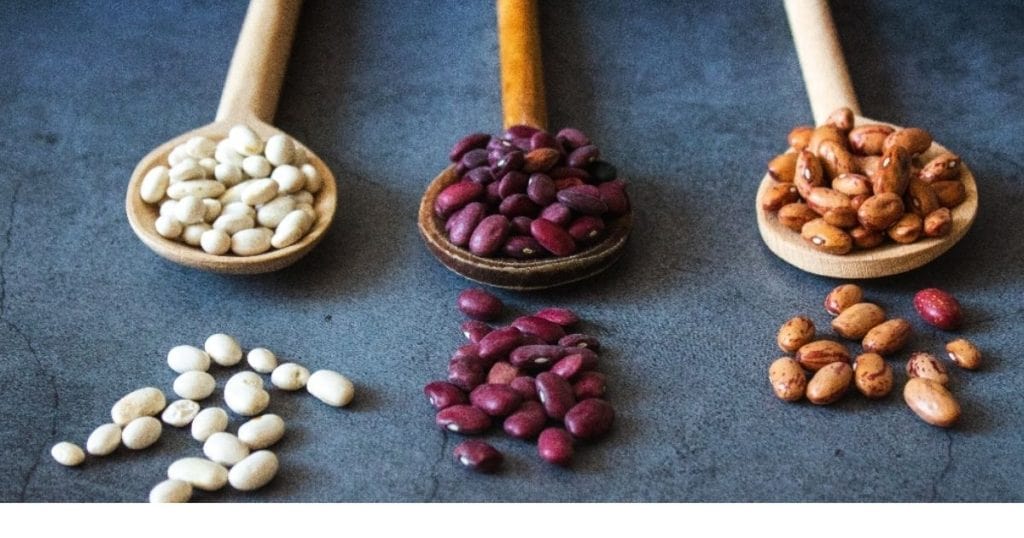
Where did beans come from?
No one is certain about the initial cultivation of beans due to the lack of historical evidence. However, they have been around for thousands of years and have been a part of many different cultures throughout the world.
The word ‘bean’ has existed in German vocabulary since the 12th century. This offers sufficient proof that beans have been around for a very long time.
Cultivation of beans and their types
Beans are cultivated during the summer season, and it takes between 55 to 60 days for them to be ready for consumption. Additionally, they are usually grown alongside maize.
Beans are resilient crops that can survive in harsh conditions. They are one of the most affordable and readily available sources of plant-based proteins.
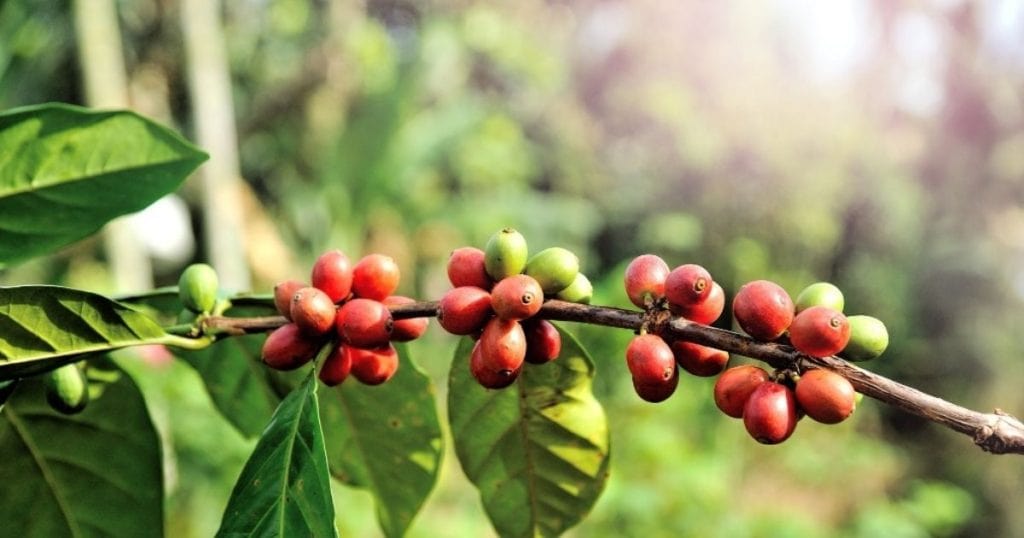
Amazing Historical Facts of Beans As far as the types are concerned, the bean is a very diverse plant and comes in many different varieties. These include peas, chickpeas, lentils, kidney beans, fava beans, navy beans, pinto beans, etc.
It has been estimated that there are over 40,000 beans in world gene banks. How amazing is that?
Some countries and their favorite beans
Africa is rich in beans as it houses all their species. Nonetheless, they prefer some varieties over others, e.g., many of their dishes include black-eyed peas.
In Africa, beans are mostly eaten with bread, plantain, maize, yams, and cassava powder.
Similarly, the popular choice of beans in Ghana are navy beans and pinto beans. These are prepared in a variety of ways like bean soup, bean salad, etc.
Health Benefits And Facts Of Beans beans
There are several health benefits associated with the consumption of beans. We are going to look at some of them in the list below:
- Beans are rich in proteins, which are a cardinal part of a healthy lifestyle. From the formation and repair of tissues to the regulation of hormonal functions, proteins perform a long list of essential functions
- Protein-rich beans also help in the growth and proper functioning of cells and muscles
- Beans are a nutrient-dense food and play a weighty role in the overall health and wellbeing of humans
- Beans are a great replacement for meat (try a bean burger!)
- Beans offer a tremendous number of antioxidants, which serve to rejuvenate the body. Moreover, antioxidants slow down the aging process while lowering the risk of infections (such a healthy way to look young!)
- Beans also boost the immune system and keep the body healthy
- Regular consumption of beans helps regulate cholesterol level in the blood, which is a requirement for a healthy heart (save the king of your body’s circulatory system, and eat more beans)
- Beans help reduce the amount of blood sugar by facilitating metabolism (watch out, diabetes!)
- Beans keep the liver healthy by preventing the accumulation of fat. Fatty liver is a condition that makes the liver unable to perform its function of detoxifying blood, so eat more beans and lower the chances of having a fatty liver
- Beans can prevent cancer as they possess antioxidants and anti-inflammatory properties (I must not be the only one who is surprised after reading this!)Are you interested in learning about Combination Beans Soup recipes? Click here
The bean facts you do not want to miss out on
We have already looked at the health benefits associated with the consumption of beans. Let us now have a look at some fun facts about beans:
- In the 1980s, an archeologist came across a sealed clay pot containing bean seeds that were more than 1500 years old. Guess what? They grew!
- Beans are the only cultivated plants that enrich the soil while growing (beans are so kind!)
- Beans can be used to make many things, including cakes, burgers, jewelry, furniture, and toys
- Brazil is the largest producer of beans in the world
- The largest bean pods can grow up to 5 feet long
- Vermont stands at the top in the searches related to bean recipes
- Philosopher and mathematician Pythagoras disliked beans. According to some historians, his aversion was based on his belief that legumes contained the souls of the dead
- Around 38 tons of baked beans are consumed in Britain every hour
Some things to look out for
While beans have so many benefits, their intake must be balanced. The following list tells us about the downsides of beans:
- Beans are not ideal for people with a legume allergy
- Some raw beans are unsafe for human consumption, e.g., raw kidney beans contain toxins, and eating them without proper cooking may lead to vomiting or food poisoning
- Beans can cause constipation, so it is important not to overeat them
It is important to add beans to your diet in a gradual manner. This will allow your gut some time to adjust, and you will be able to enjoy the benefits offered by beans.
Conclusion
Beans have been a part of meals in different parts of the world for a long time. They contain proteins, fiber, iron, and antioxidants, which play a vital role in making us healthier.
We should add them to our diet if we want to improve our well being. However, this addition must be gradual to reduce the risk of intestinal discomfort.
Happy eating!
Read about: How to make combination Beans soup recipes

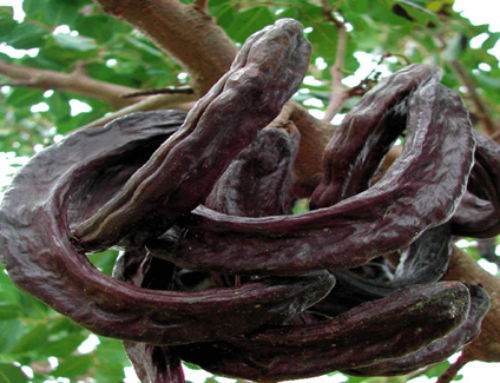
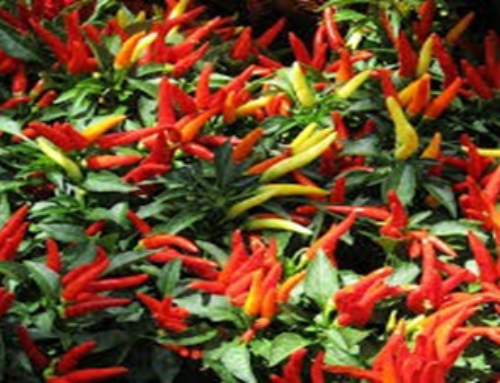
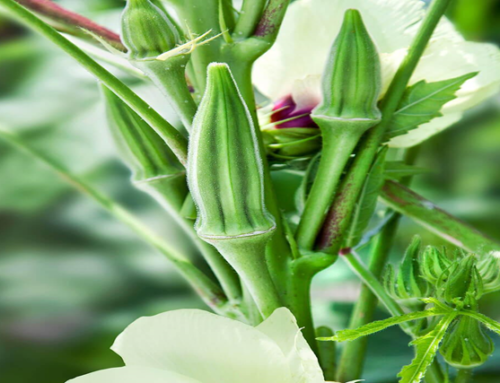
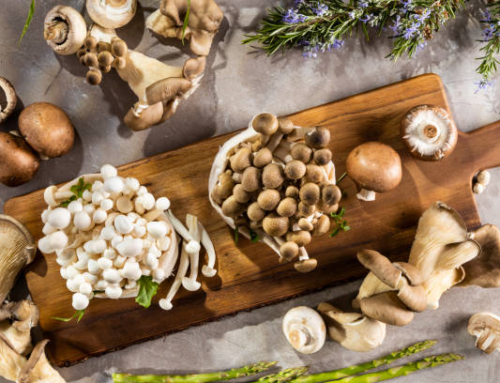
Leave A Comment